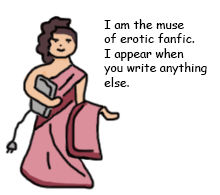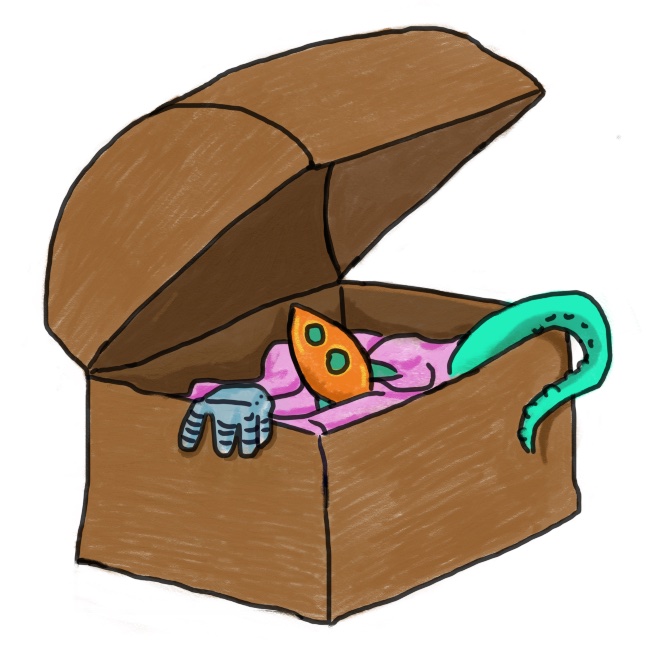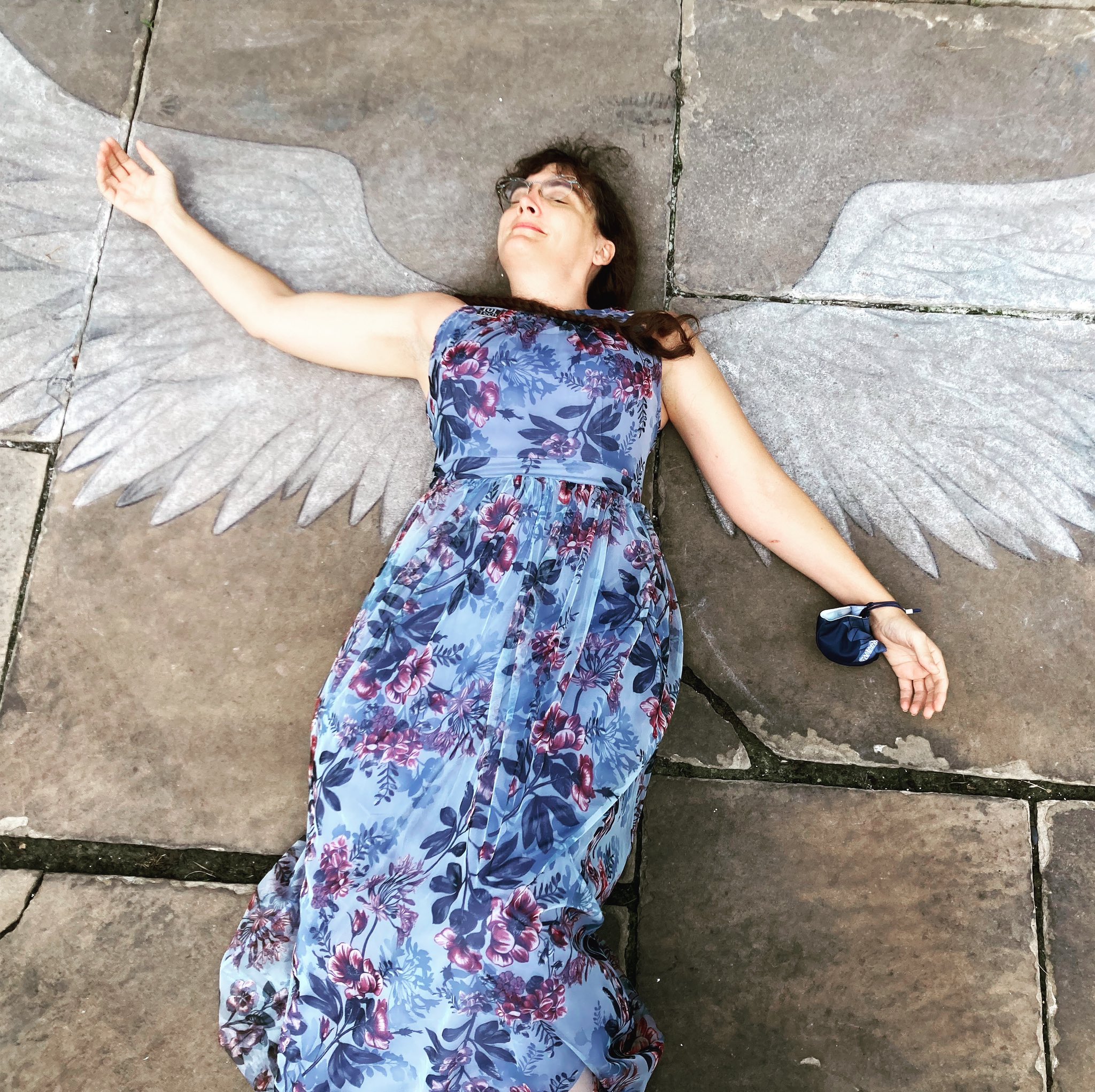When I was starting out as a short story writer –and for longer after I started than I am proud to admit– I thought my stories should grow organically as I wrote them, that they should be spontaneous things unexpected even to myself.
Writing without a plan is so prevalent we have a name for it in writing circles: “Pantsing” as in “by the seat of your pants.” There’s nothing wrong with free writing as an exercise to help an author find what they want to say in the first place, but there is something wrong with the idea that having a plan in place will somehow stifle creativity.
See, I assumed that I had to “pants it” and so if my free-writing lead nowhere, it lead nowhere. Many of my stories of the time involved convoluted plots that were written into being as I went.
I thought the story should grow, like a tree. Along the way I would discover happy little accidents that would make the story better. It would “write itself.”

But stories don’t write themselves. A writer writes them. And I have certain preoccupations and thought processes that will always come to mind more easily to me. Turns of phrase. Filler statements come quickly to mind because we use them a lot in casual conversation. So my first draft has a lot of “but sorta really I mean totally kind of almost merely almost as if.”
Writing into the story in this way produces a lot of stuff that isn’t necessary or won’t make it into the story. Not just those turns of phrase but whole scenes that are placeholders or feel like placeholders. The characters move up the stairs or down the stairs. They get into the car or out of the car. Dialogues that don’t go anywhere because the writer is figuring out how the characters feel about the topic as she goes. (For me this often results in endless exchanges of witty one liners which might be witty on their own, but taken as a three-page run they are as gripping as a telephone book.)
Stuff needs to be cut.

For a while I thought THIS was how to write a story. Write long, edit short. Eventually you will take out all the bad stuff and what is left is a good story.
It’s a good idea in principle, but it relies on the “good stuff” adding up to a cohesive whole. What are the odds all the good things you think of will relate to each other thematically? Heck, how about those good scenes making sense chronologically?
I sent out stories that were structurally… well..

I’m seeing these stories in the slushpile now. I can see the brilliant bits and the bits that aren’t necessary supporting them like a whole lot of base for one little branch. “Oh darling child,” I think, “you’re just like I was. I’m so sorry I have to reject you and you won’t understand why just yet but you will some day.”
(It took me a decade but okay.)
Here is this week’s epiphany on this story-writing style and why it fails.
It’s insecure.
You’re doing all that ‘organic’ building because you don’t trust yourself to write the story. You know you can’t come up with a good plot! That’s way above your skill! No, better to offload that responsibility to the muses.
Problem is, muses are crap employees.

It’s scary to take responsibility for your plot and write outlines. It’s terrifying to trust yourself to make decisions that will result in good fiction. I know. But it gets easier with practice.
These days I still free-write and “pants” drafts, but when I do, they are not considered story drafts. They are like… zero-th drafts. Planning documents. I mine them for the bits that would go in the story, feel out the structure that would support those bits.
More and more, even when I explicitly sit down to free write, I have a structure in mind. It can be as simple as: Robot meets girl. Girl runs away. Robot reveals he was going to help her in some important way. Girl sad. The end.
Now, I “pantsed” that sample plot here in my website editor, and that’s half the point. See, I’m embarrassed by how silly that plot structure sounds, how cliche, I wish I could have come up with something really clever…
…and that is the voice to shut up. Because the clever plots look just as silly when you boil them down to three sentences. A rich man trashes his attic and dies. Looking over his life, he was shallow and materialistic. His dying words refer to the innocence of youth.
So, dear random person whose story had some clever ideas and subtle characterization but didn’t really go anywhere and had lots of dead plot ends: you are so close. The structure doesn’t have to be that hard. It doesn’t have to be unique. It doesn’t have to be clever. Trust yourself to pick a beginning, a middle, and an end. You can do it.
You really can.


